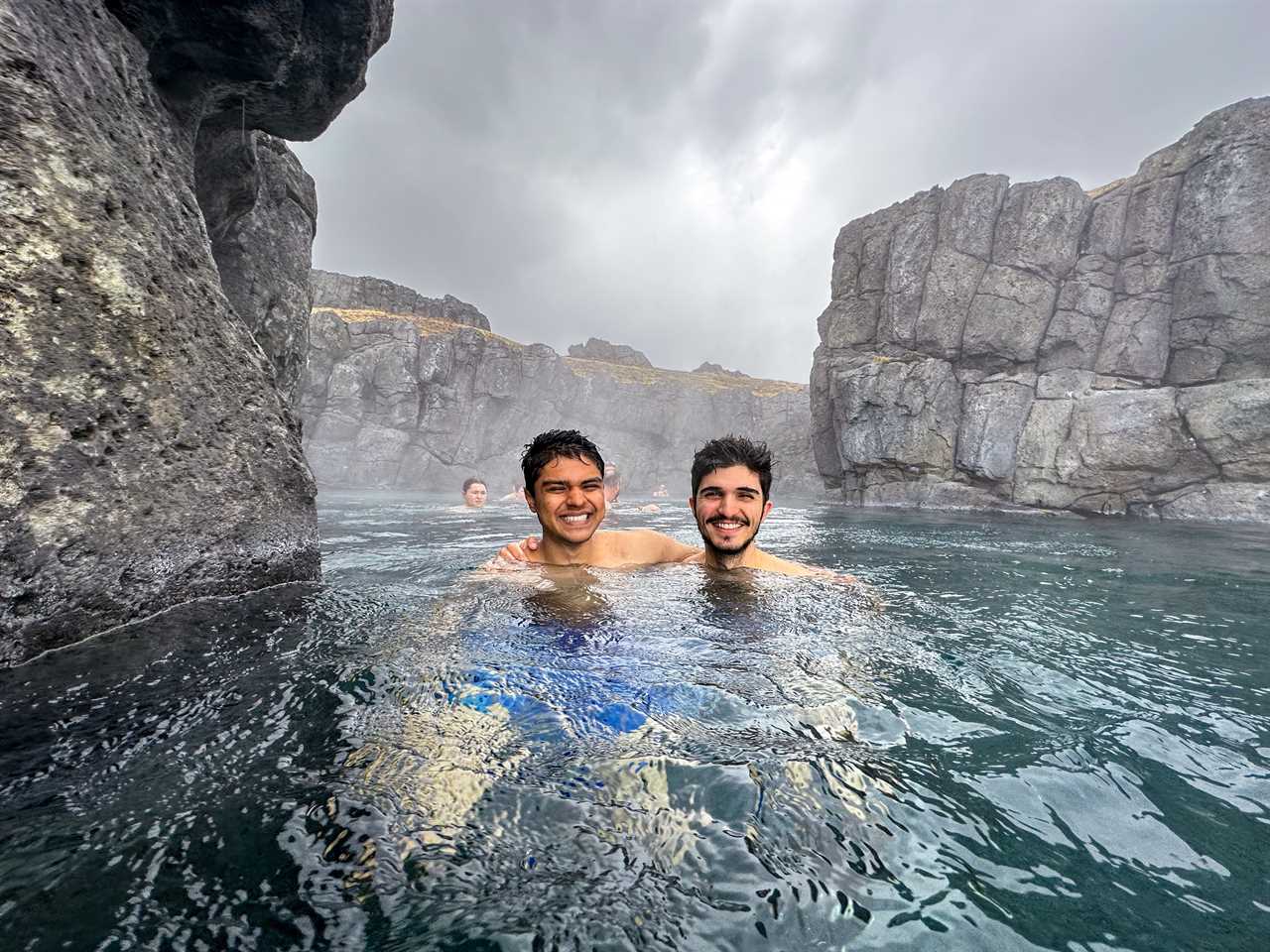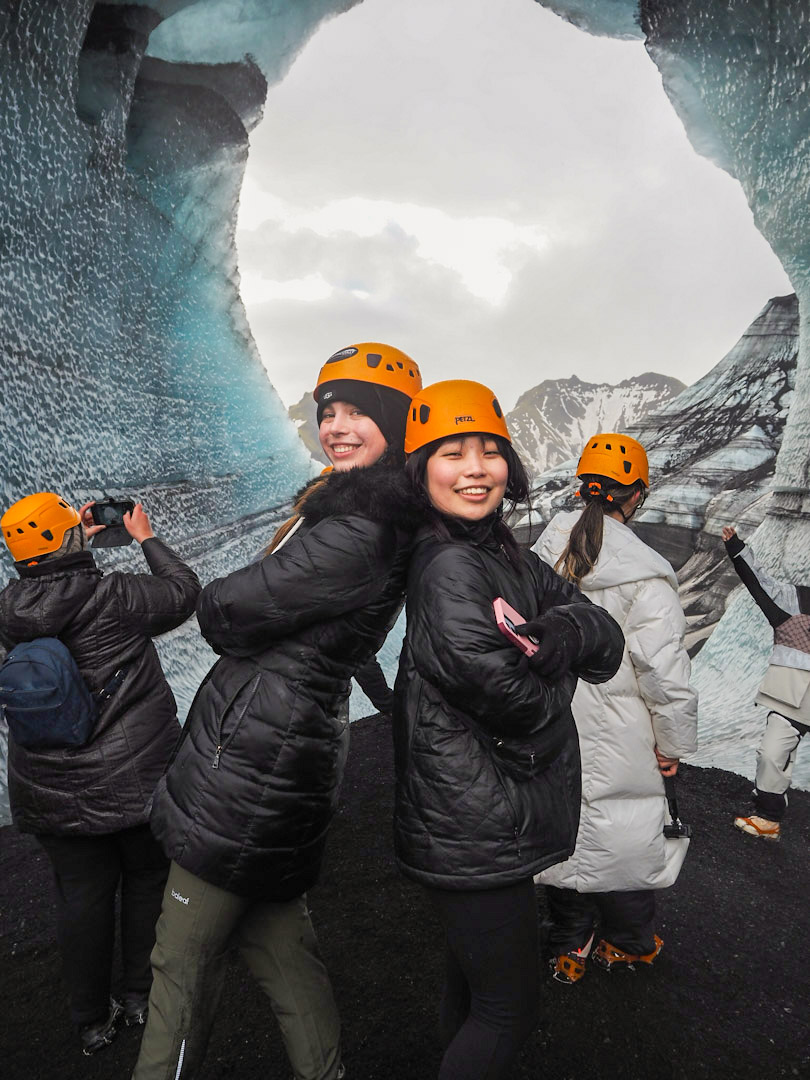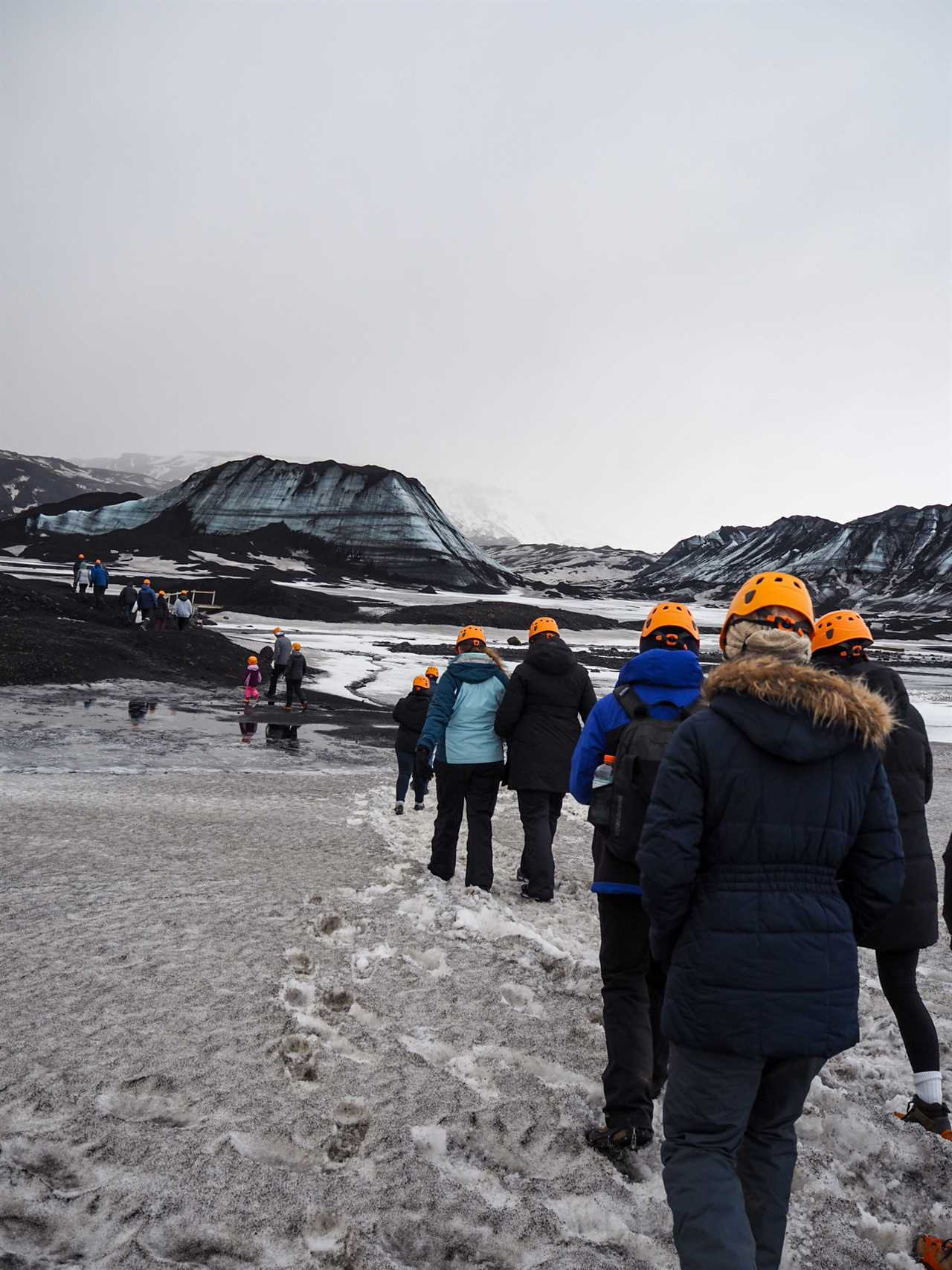Asked to picture an entrepreneur, most people will probably conjure up an image of a gray-T-shirt wearing, nonconformist college dropout. Hollywood says that to pursue entrepreneurship, you must be bold, take risks, and reject all traditional academic paths. It therefore would seem strange for MIT, first and foremost an academic institution, to encourage students to become entrepreneurs.
But it does. In fact, students are also welcome to take an academic detour before they even show up at the Institute.
My senior spring in high school, I decided to defer my MIT enrollment by a year. I had always planned to take a gap year, but after receiving the silver tube in the mail and seeing all my college-bound friends plan out their classes and dorm decor, I got cold feet. Every time I mentioned my plans, I was met with questions like “But what about school?” and “MIT is cool with this?”
Yeah. MIT totally is. Postponing your MIT start date is as simple as clicking a checkbox.
Now, having finished my first year of classes, I’m really grateful that I stuck with my decision to delay MIT, as I realized that having a full year of unstructured time is a gift. I could let my creative juices run. Pick up hobbies for fun. Do cool things like work at an AI startup and teach myself how to create latte art. My favorite part of the year, however, was backpacking across Europe. I traveled through Austria, Slovakia, Russia, Spain, France, the UK, Greece, Italy, Germany, Poland, Romania, and Hungary.
Moreover, despite my fear that I’d be losing a valuable year, traveling turned out to be the most productive thing I could have done with my time. I got to explore different cultures, meet new people from all over the world, and gain unique perspectives that I couldn’t have gotten otherwise. My travels throughout Europe allowed me to leave my comfort zone and expand my understanding of the greater human experience.
“In Iceland there’s less focus on hustle culture, and this relaxed approach to work-life balance ends up fostering creativity. This was a wild revelation to a bunch of MIT students.”
When I became a full-time student last fall, I realized that StartLabs, the premier undergraduate entrepreneurship club on campus, gives MIT undergrads a similar opportunity to expand their horizons and experience new things. I immediately signed up. At StartLabs, we host fireside chats and ideathons throughout the year. But our flagship event is our annual TechTrek over spring break. In previous years, StartLabs has gone on TechTrek trips to Germany, Switzerland, and Israel. On these fully funded trips, StartLabs members have visited and collaborated with industry leaders, incubators, startups, and academic institutions. They take these treks both to connect with the global startup sphere and to build closer relationships within the club itself.
Most important, however, the process of organizing the TechTrek is itself an expedited introduction to entrepreneurship. The trip is entirely planned by StartLabs members; we figure out travel logistics, find sponsors, and then discover ways to optimize our funding.

In organizing this year’s trip to Iceland, we had to learn how to delegate roles to all the planners and how to maintain morale when making this trip a reality seemed to be an impossible task. We woke up extra early to take 6 a.m. calls with Icelandic founders and sponsors. We came up with options for different levels of sponsorship, used pattern recognition to deduce the email addresses of hundreds of potential contacts at organizations we wanted to visit, and all got scrappy with utilizing our LinkedIn connections.
And as any good entrepreneur must, we had to learn how to be lean and maximize our resources. To stretch our food budget, we planned all our incubator and company visits around lunchtime in hopes of getting fed, played human Tetris as we fit 16 people into a six-person Airbnb, and emailed grocery stores to get their nearly expired foods for a discount. We even made a deal with the local bus company to give us free tickets in exchange for a story post on our Instagram account.


Despite all our planning, we still ran into challenges along the way. For one, the Wi-Fi router in our Airbnb only allowed four connections at a time. For a group of working and p-setting students, this was less than ideal. Unfortunately, some of us quickly discovered that if we unplugged the router, we could boot the others off and get priority access to the internet. So we set up an internet time-sharing system. My slot was at 11 p.m.
The company visits turned out to be immensely inspiring. We purposely visited a variety of companies to match the diverse interests of our group. We learned about the prosthetics market at Össur, the mathematical intricacies of designing massively multiplayer online games at CCP Games, and the insanely impressive green energy efforts at Landsvirkjun, Iceland’s national power company. Visiting incubators in Reykjavík also exposed us to a novel approach to entrepreneurialism. In Iceland, we discovered, there’s less focus on hustle culture. Oftentimes, people leave work early to spend time with family or to enjoy nature. Rather than hindering productivity, this relaxed approach to work-life balance ends up fostering creativity. This was a wild revelation to a bunch of MIT students.
Taking a cue from Icelanders, we too found time to commune with nature—and came to terms with trading comfort for adventure. Whether we were jumping into the Blue Lagoon hungry and tired from our red-eye flight or exploring the freezing cold glaciers with ice-water-filled boots, we found that the discomfort made us appreciate the experiences a lot more.

My favorite adventure, though, was our high-speed car chase in search of the Northern Lights. With tickets to an official Northern Lights tour costing upwards of $40, we decided to send only the most communicative of our team members (the ones with the best cellular roaming plans) on the official tour bus. The rest of us attempted to inconspicuously tail behind them in our rental cars to the secret viewing point. It was a wild night, but undeniably worth it.
All these adventures, plus our shared meals, walks, and long bus rides, fostered new connections between team members. Being an entrepreneur is often a lonely endeavor, so building such a supportive community could prove invaluable later.
I’m grateful that MIT allows us to explore beyond the traditional academic path, from supporting gap years to cultivating student groups that are given the freedom to be adventurous and take risks. Rather than forcing students to choose between entrepreneurship and academics, MIT grants us the opportunity to hone our entrepreneurial skills without abandoning our academic pursuits.
Sofia Pronina ’26 of Greenwich, Connecticut, plans to major in computer science, economics, and data science (Course 6-14). Read an account of the 2022 TechTrek to Germany here.
------------Read More
By: Sofia Pronina ’26
Title: Why I became a TechTrekker
Sourced From: www.technologyreview.com/2023/08/22/1076879/why-i-became-a-techtrekker/
Published Date: Tue, 22 Aug 2023 21:00:00 +0000
Did you miss our previous article...
https://trendinginbusiness.business/technology/shazam-adds-lock-screen-widget-support-ahead-of-ios-17-release
.png)





